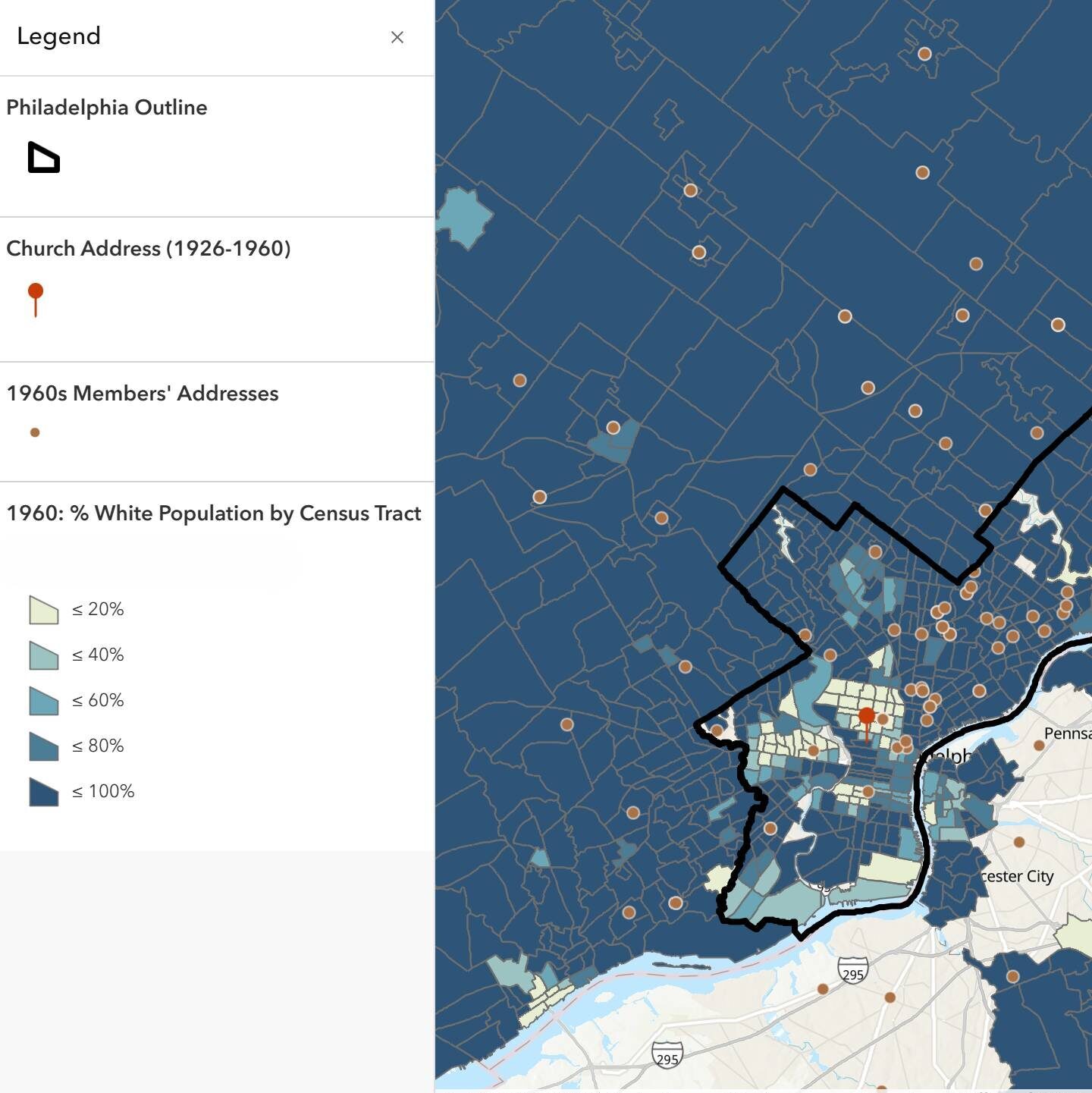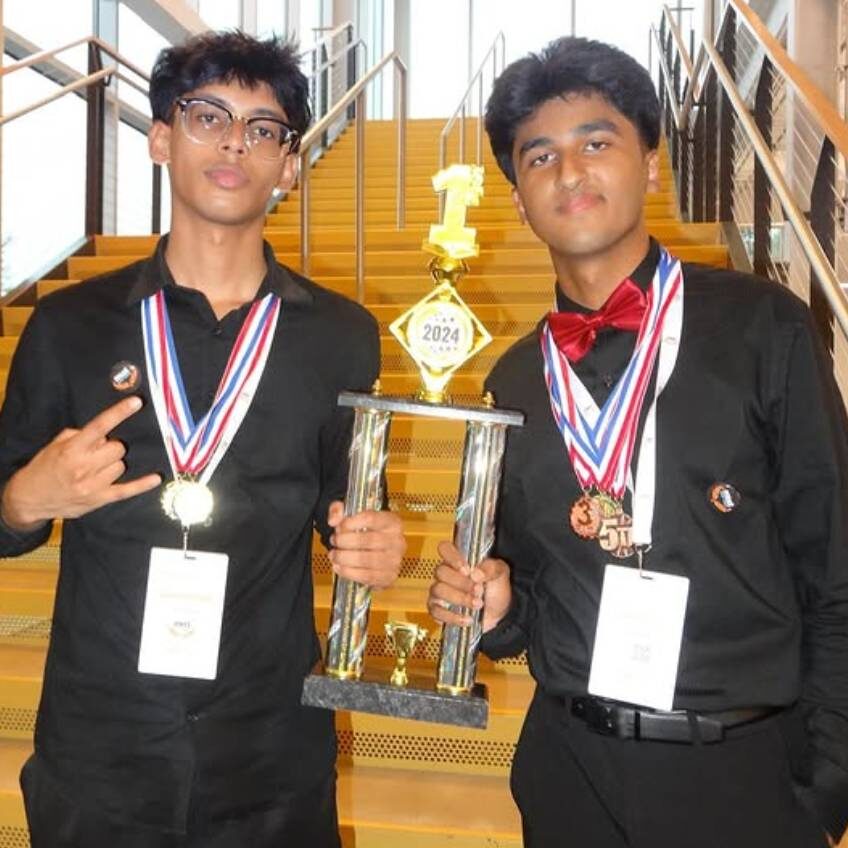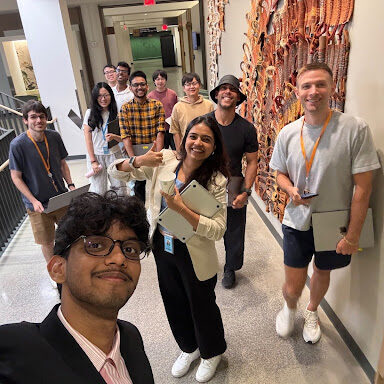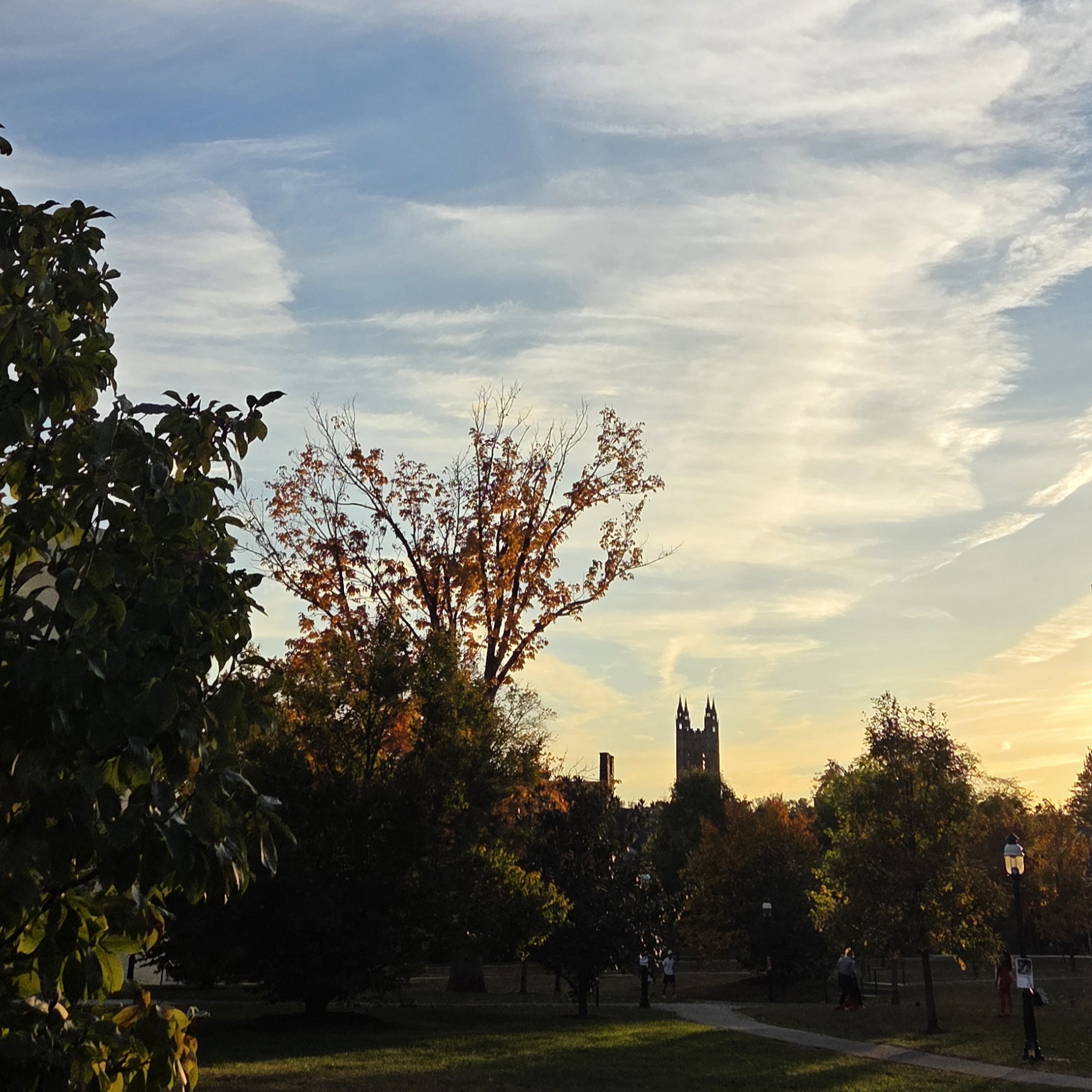As a first-year, Sadat Ahmed—now a sophomore majoring in Electrical and Computer Engineering—returned to a community that had shaped some of his most defining high school experiences. For Sadat, the Muslim Interscholastic Tournament (MIST) had always been more than a competition. It was where he discovered leadership, formed lasting friendships, and learned to believe in his own potential. Coming back as a Software Engineering Intern gave him the chance to reconnect with the program in a new and meaningful way.
Continue reading Returning to Roots: Sadat’s Summer at the Muslim Interscholastic TournamentNavigating Deadlines

If someone asked me to describe my experiences with research in a word, I’d probably end up at a loss. My research experiences have been exciting, tiring, and fulfilling all at once. Research is endlessly multifaceted, with each experience being unique. Still, a few constants remain, and deadlines are certainly one of them. No matter the methods, no matter the discipline, every project eventually comes to an end. As that moment creeps closer, it often feels more and more inconveniently insurmountable.
Despite this, deadlines are important. They not only help with the goal-setting process, but also force us to abandon the appeal of endless revisions in the pursuit of perfection. Deadlines ensure that, at some point, there will be a final product. Meeting those deadlines, however, is a different story and one that can present real challenges.
Continue reading Navigating Deadlines6 Tips to Prepare for Independent Work Over Break
As another semester draws to a close and winter break looms, now is the perfect time to make a plan for independent work over break. The flexibility of break can give you the freedom to work on your own schedule, but it can also be challenging to keep making progress without the external structure of the semester. Here are a few things that I’m doing before leaving campus to help set me up for thesis writing over the break:
Continue reading 6 Tips to Prepare for Independent Work Over BreakBeyond the Orange Bubble: A Guide to Thesis Research Abroad

One of the greatest benefits of being a Princeton student is the unparalleled access to international opportunities. Whether it’s traveling for classes and clubs, completing an IIP (International Internship Program), doing fieldwork through HMEI (High Meadows Environmental Institute), taking a Global Seminar course through PIIRS (Princeton Institute for International and Regional Studies), or participating in Princeton’s many language programs abroad, many students find ways to leave the Orange Bubble—literally. To become better-informed global citizens, it is important not only to study the world from Princeton, but also to spend time in the world beyond Princeton.
One powerful way to do this is by conducting research abroad. When I was a junior preparing for my senior thesis, I knew I wanted to incorporate an international dimension into my work and, if possible, travel over winter break of senior year. Although I had been fortunate to travel domestically through Princeton, I hadn’t yet taken advantage of any study or research opportunities abroad. Winter break of senior year is one of the last, and most popular, chances to do so. Princeton has a wide range of thesis funding sources, which makes it very possible to take your research to an international site.
Continue reading Beyond the Orange Bubble: A Guide to Thesis Research AbroadScaling Solutions: Kyaw Naing’s Internship Journey at Amazon
This summer, Princeton sophomore Kyaw Naing returned to his hometown of New York City for a 12-week internship with Amazon’s Grocery Subscription team, an opportunity made possible through the Amazon Future Engineer (AFE) program. AFE is a highly competitive national initiative that aims to support students from underrepresented and underserved communities in STEM, offering college scholarships, mentorship, and paid internships at Amazon. Kyaw was one of only 400 students selected for the program. As an Electrical and Computer Engineering student from Queens, Kyaw saw the internship as a chance to push himself beyond the classroom. During his time with the Grocery Subscription team, he tackled real-world technical challenges at massive scales while working on services that millions of customers rely on every day.
The team owns the whole lifecycle of Grocery Subscription and focuses on building the Amazon Grocery Subscription, enabling customers to subscribe and order groceries. Work on the team involves significant research into sophisticated cloud infrastructure and pipelines and for Kyaw, this was the perfect environment to connect what he learned in his COS classes with real-world practice and research.
Continue reading Scaling Solutions: Kyaw Naing’s Internship Journey at AmazonRecommendations for Rec Letters
With my junior year well underway, I’ve started to do some thinking about everything that comes after you leave the “orange bubble”. As someone whose Princeton experience has been shaped by diverging interests, it’s exciting to imagine applying the unique skillsets I’m gaining to new contexts. Still, whether it’s internships, fellowships, or research projects, nearly every opportunity is guarded by an application process of some kind. While some applications can be relatively simple, many are decidedly complex. Of the many interlocking parts that make up any application process, letters of recommendation represent some of the most critical cogs in the machine. What makes letters of recommendation so important is that they can provide a new perspective on you as an applicant, affirm aspects of your application you’ve already shared, and more fully characterize you as a person. Still, asking for letters of recommendation can create uncertainty.
Continue reading Recommendations for Rec LettersDigital Mapping in the Humanities and Social Sciences

In my junior paper, I explored how the racial demographics of a Philadelphia church transformed from exclusively White to predominantly Black within a few short years. I started this project in the archive, looking for any documents that could point to when and how the church’s congregation began to transform. In minutes recorded of church meetings, I identified a period of white flight, where the neighborhood around the church became increasingly non-White, and, in response, many of the church’s White members relocated to the suburbs. I knew that I could describe this congregational migration in a written narrative, but I also wanted my readers to be able to visualize it, so I turned to digital mapping.
Continue reading Digital Mapping in the Humanities and Social SciencesThe Making of a Researcher: Mentor First, Scientist Second

What does it take to become a researcher?
The Making of a Researcher is a new mini-series exploring the paths scientists take to reach where they are today, highlighting their growth from beginners to experts.
Through interviews with faculty members in various fields, we’ll explore the necessary steps to becoming a researcher and how Princeton professors play a part in that process.
In this first feature, Professor Casey Lew-Williams, Chair of the Psychology Department and Director of the Princeton Baby Lab, reflects on his journey in developmental psychology and his role as a mentor to aspiring students in the field.
Continue reading The Making of a Researcher: Mentor First, Scientist SecondDoha Diaries: Zara’s Internship at QCRI
This summer, Zara Hommez traveled from Princeton to Doha, Qatar, for an internship at the Qatar Computing Research Institute (QCRI), where she worked in the Humanitarian AI division. As a sophomore majoring in Operations Research and Financial Engineering (ORFE), she was drawn to the placement through Princeton’s International Internship Program (IIP) because it offered a rare blend of quantitative modeling, computer vision, and real-world impact, which is the exact intersection she hopes to pursue.
When browsing IIP opportunities, QCRI immediately stood out. Its mission to use data and AI to address global humanitarian challenges aligned perfectly with her academic interests in optimization, systems thinking, and applied machine learning. The chance to live in Doha, a rapidly growing, modern city at the heart of the Middle East, added an exciting cultural dimension she was eager to explore.
Continue reading Doha Diaries: Zara’s Internship at QCRIMaking the Most of Conferences
When I attended my first conference, I was overwhelmed by the number of events—from keynote speakers and lightning talks, to career fairs and research presentations. Over time, through attending several conferences, I learned how to navigate these spaces strategically and make the most of the few days I had at each one. Conferences are an opportunity to connect your academic interests to real-world communities and open doors for future opportunities. From resume databases to poster sessions, conferences can open doors to new research and career opportunities.
Continue reading Making the Most of Conferences






